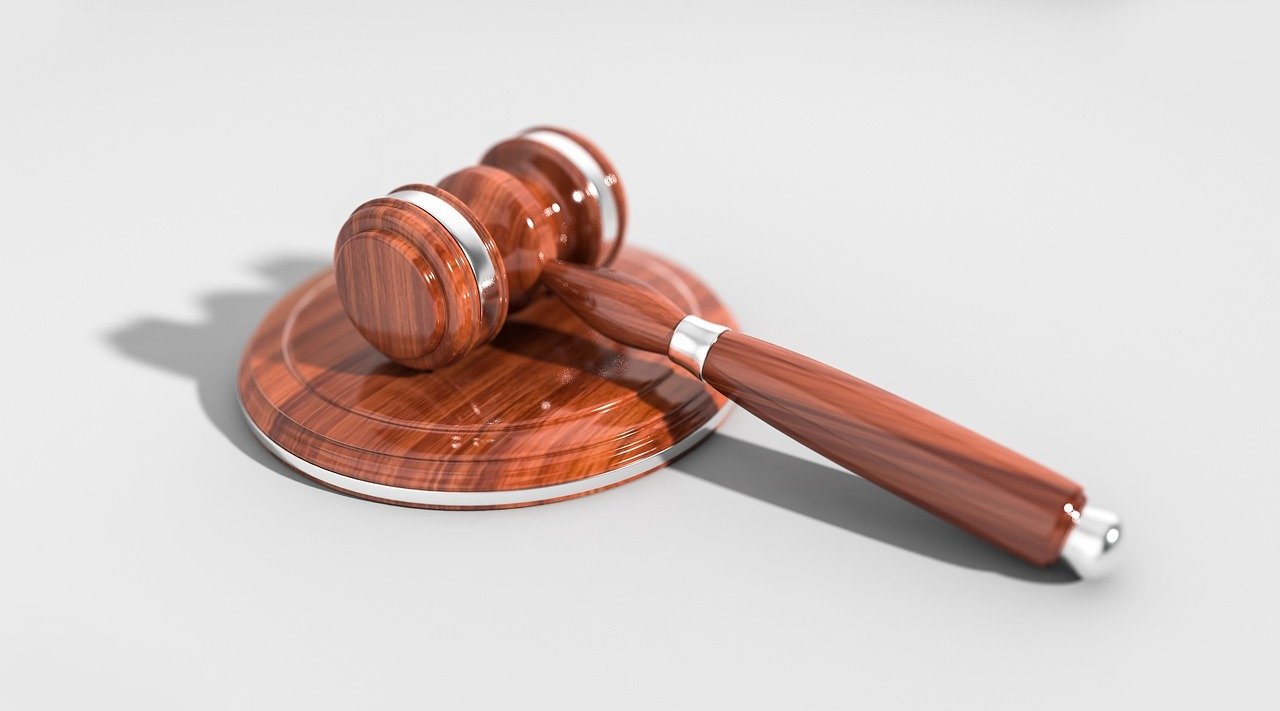Harmonizing State Power and Individual Liberties: An Examination of Preventive Detention Laws in Telangana
Understanding Preventive Detention Law
Preventive detention is a contentious legal practice allowing a state to detain an individual solely based on suspicion, without the need for trial or conviction. Unlike pre-trial detention, which detains individuals awaiting trial for specific criminal charges, preventive detention can last up to a year, with the possibility of extension.
Its primary objective is to pre-empt potential threats or offenses, rather than addressing past criminal behavior.
Constitutional Framework for Preventive Detention
India’s Constitution, found in Part III, which focuses on fundamental rights, includes provisions for preventive detention under Article 22. This article grants the state the authority to suspend specific fundamental rights for preventive detention purposes.
While the Constitution prioritizes individual liberty, it also incorporates provisions for preventive detention.
Diverse Laws Governing Preventive Detention
Central and state legislations provide the state with the power to order preventive detention. Prominent central legislations encompass the National Security Act and the Conservation of Foreign Exchange and Prevention of Smuggling Activities Act, 1974, known as COFEPOSA.
Furthermore, around 25 Indian states, including Telangana, have their preventive detention laws tailored to address various local law and order issues.
Also Read | Supreme Court Upholds Symbol Allocation Process Amid BRS Party’s Challenge |
Powers Vested in the State
Article 22 of the Constitution outlines the framework for preventive detention and includes specific safeguards:
- Order of Detention: The state, often represented by the district magistrate, can issue a preventive detention order when it deems it necessary to maintain “public order.” This authority can also be delegated to the police.
- Advisory Board Approval: If detention is intended to exceed three months, Article 22(4) mandates the approval of an Advisory Board. These boards typically consist of retired judges and bureaucrats who assess the detention order. It’s important to note that detainees typically lack legal representation before the Board. However, they do have the option to challenge the order in court if it is confirmed.
- Grounds of Detention: Article 22(5) requires the state to promptly communicate the grounds of detention to the detainee. The detainee must be given the earliest opportunity to make a representation against the order, and these grounds must be communicated in a language comprehensible to the detainee.
- Non-Disclosure Clause: Article 22(6) grants the state the authority to withhold facts considered to be “against the public interest to disclose.”
Judicial Review and Its Challenges
The judicial assessment of preventive detention orders encounters limitations as the Constitution underscores the state’s reliance on its “subjective judgment” during the issuance of detentions. Courts primarily assess whether the Advisory Board applied its mind, considered all relevant facts, and whether the state acted in obvious bad faith.
It is crucial to understand that the court cannot substitute the state’s subjective satisfaction with its own, making it challenging to verify the accuracy of the facts presented in the grounds for detention.
Due to this limited scope of judicial review, courts often reject detention orders on technical grounds, such as delays in Advisory Board decisions or the timely communication of grounds in a language comprehensible to the detainee.
Recent Concerns Surrounding Preventive Detention Laws in Telangana
As Telangana prepares for upcoming Assembly polls, the Supreme Court has expressed concerns about the state’s utilization of its stringent preventive detention law in at least three instances.
These concerns revolve around the balance between the state’s authority to detain individuals preventively and the preservation of individual rights and liberties.
In conclusion, the practice of preventive detention presents a complex issue with the Indian Constitution striving to find a balance between state security and individual freedoms.
The recent focus on Telangana’s use of preventive detention underscores the need for a detailed examination of these laws and their application, ensuring they do not infringe upon the fundamental rights and liberties of citizens.
